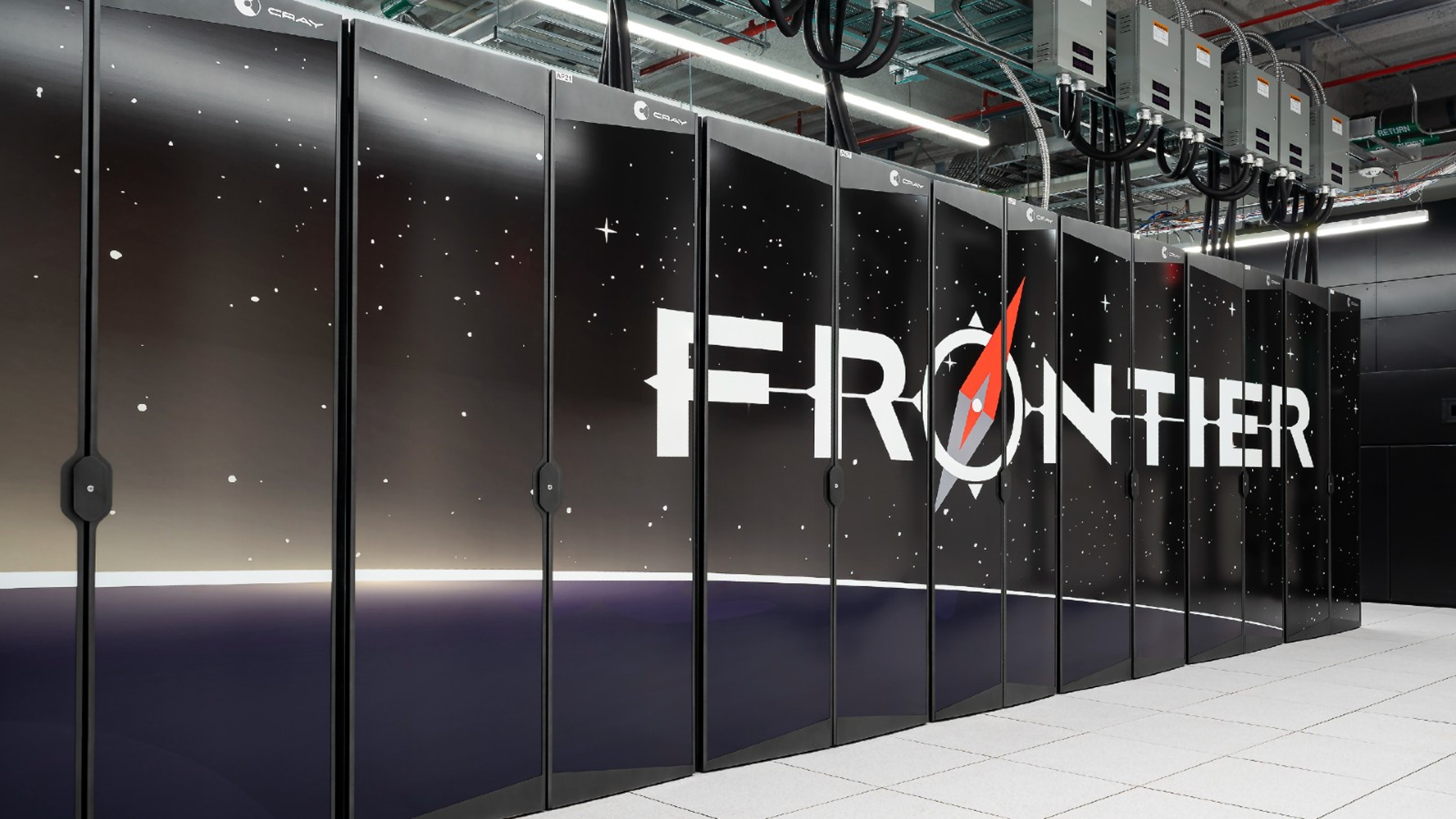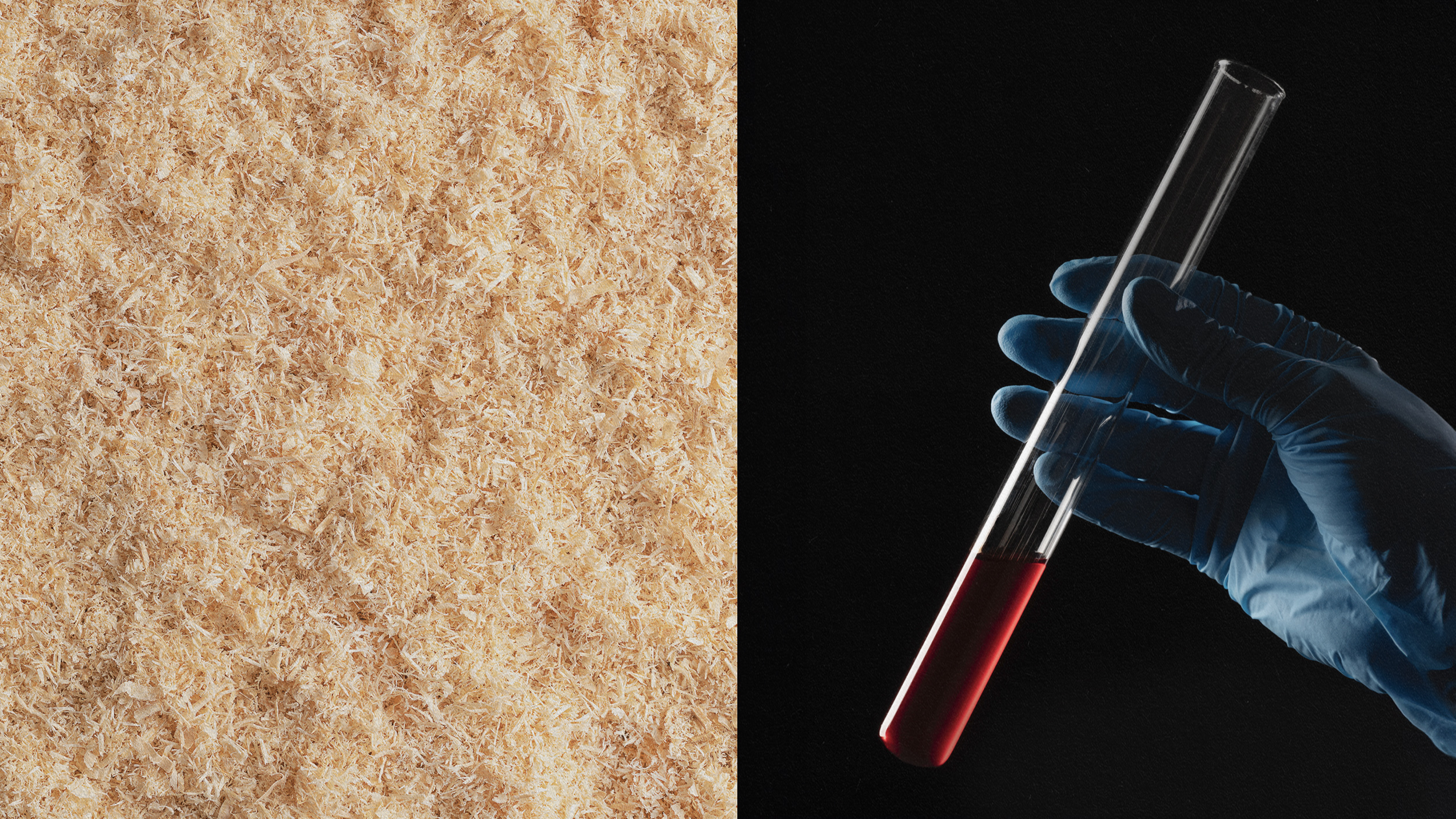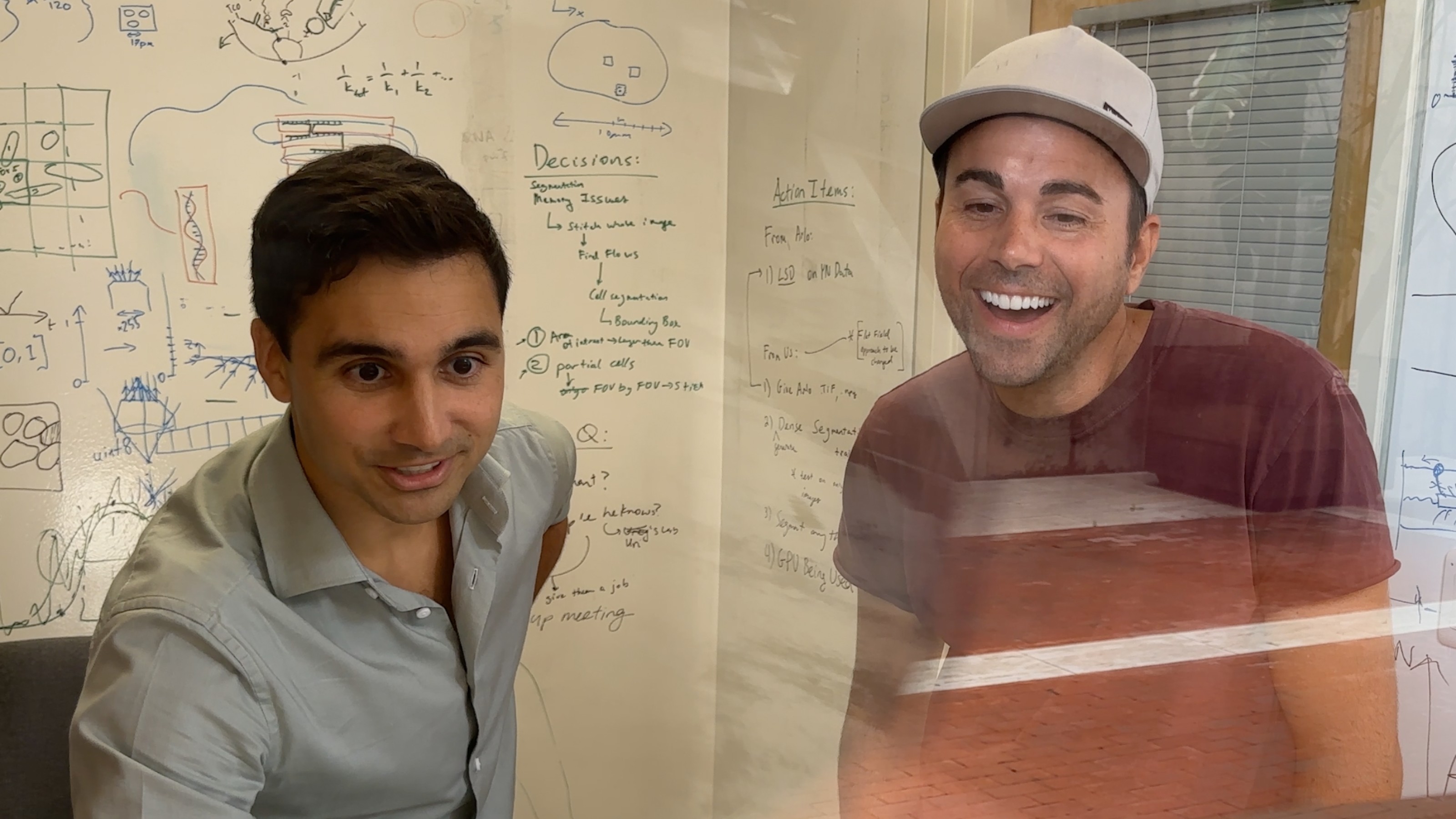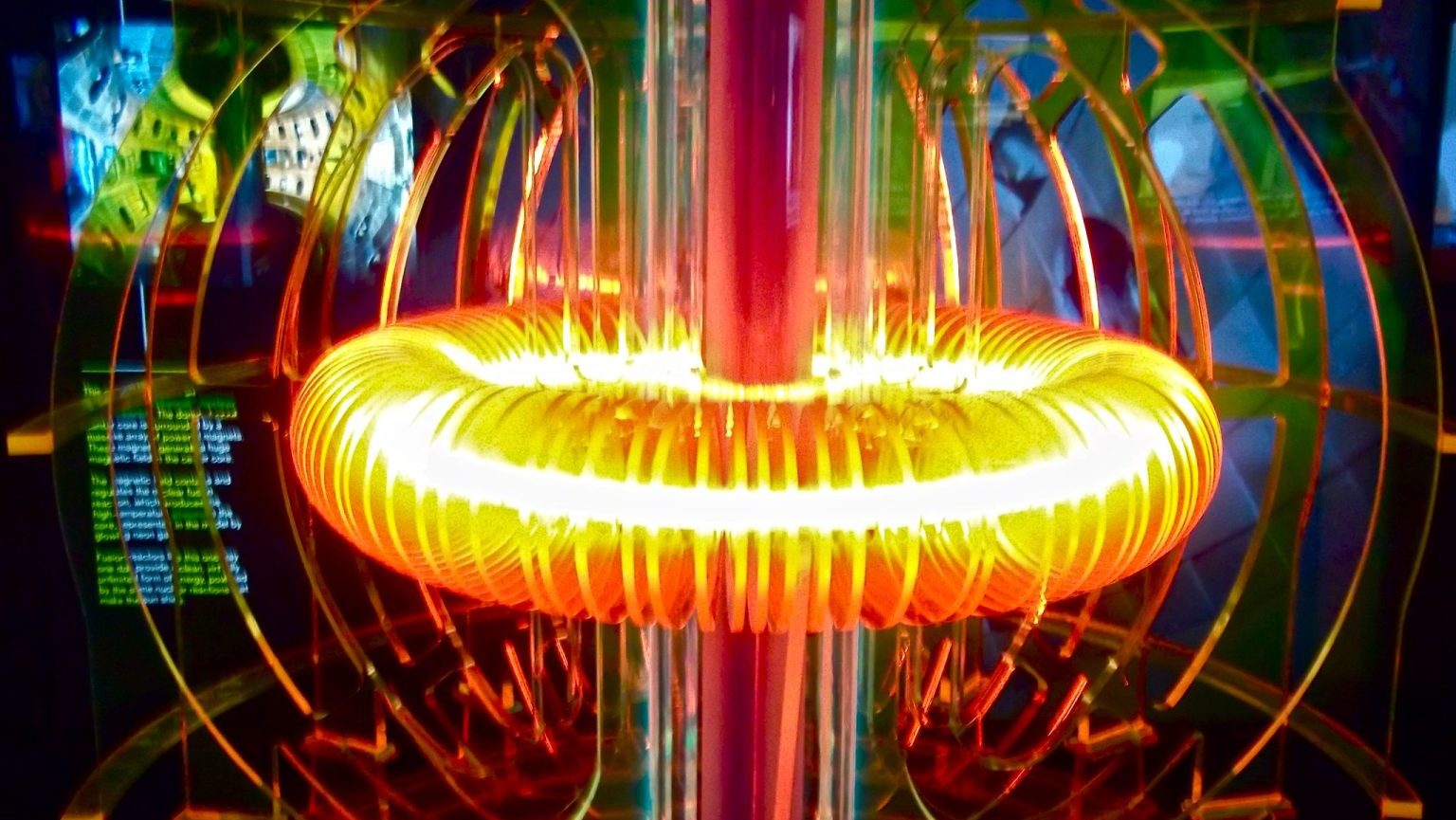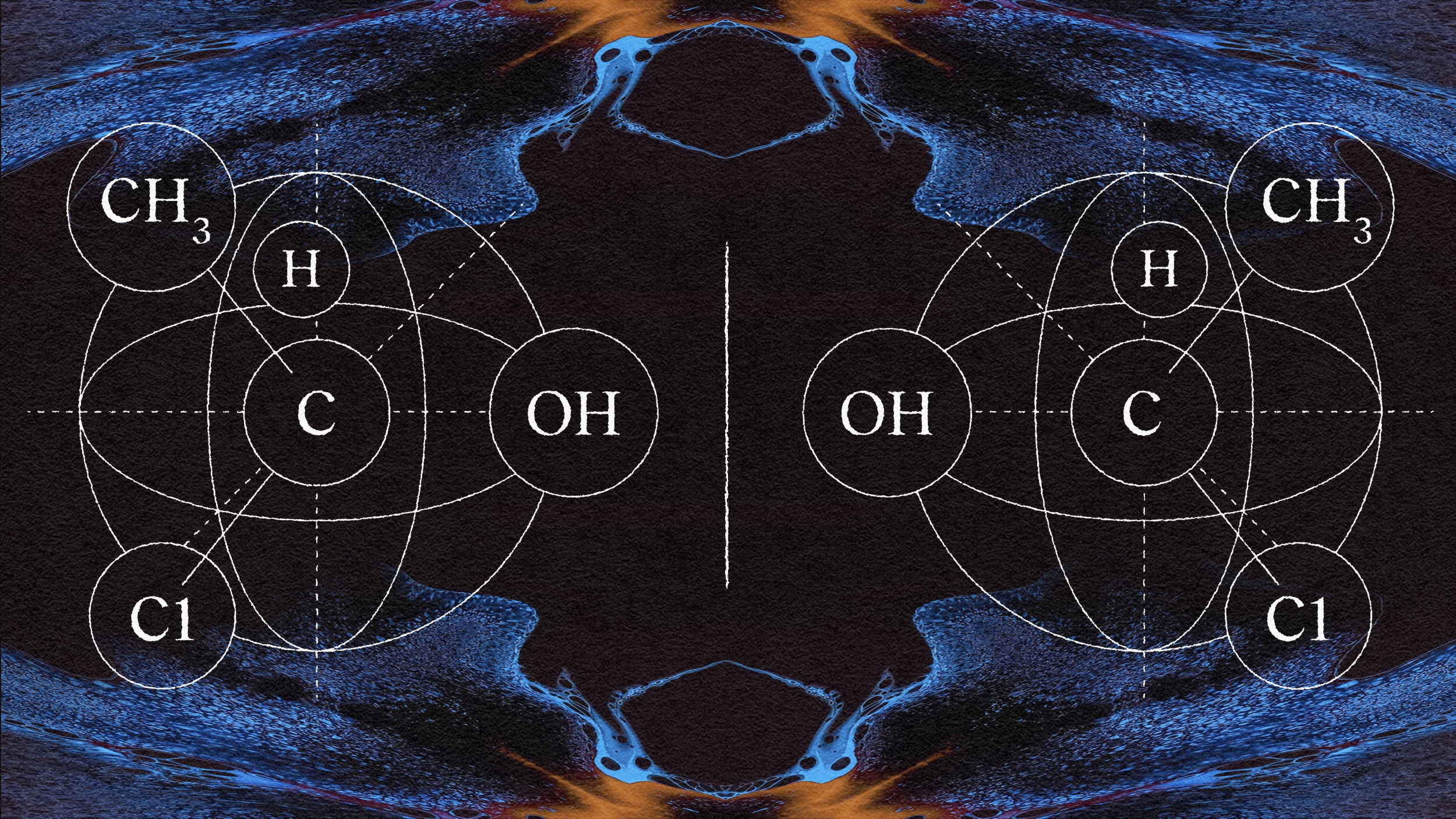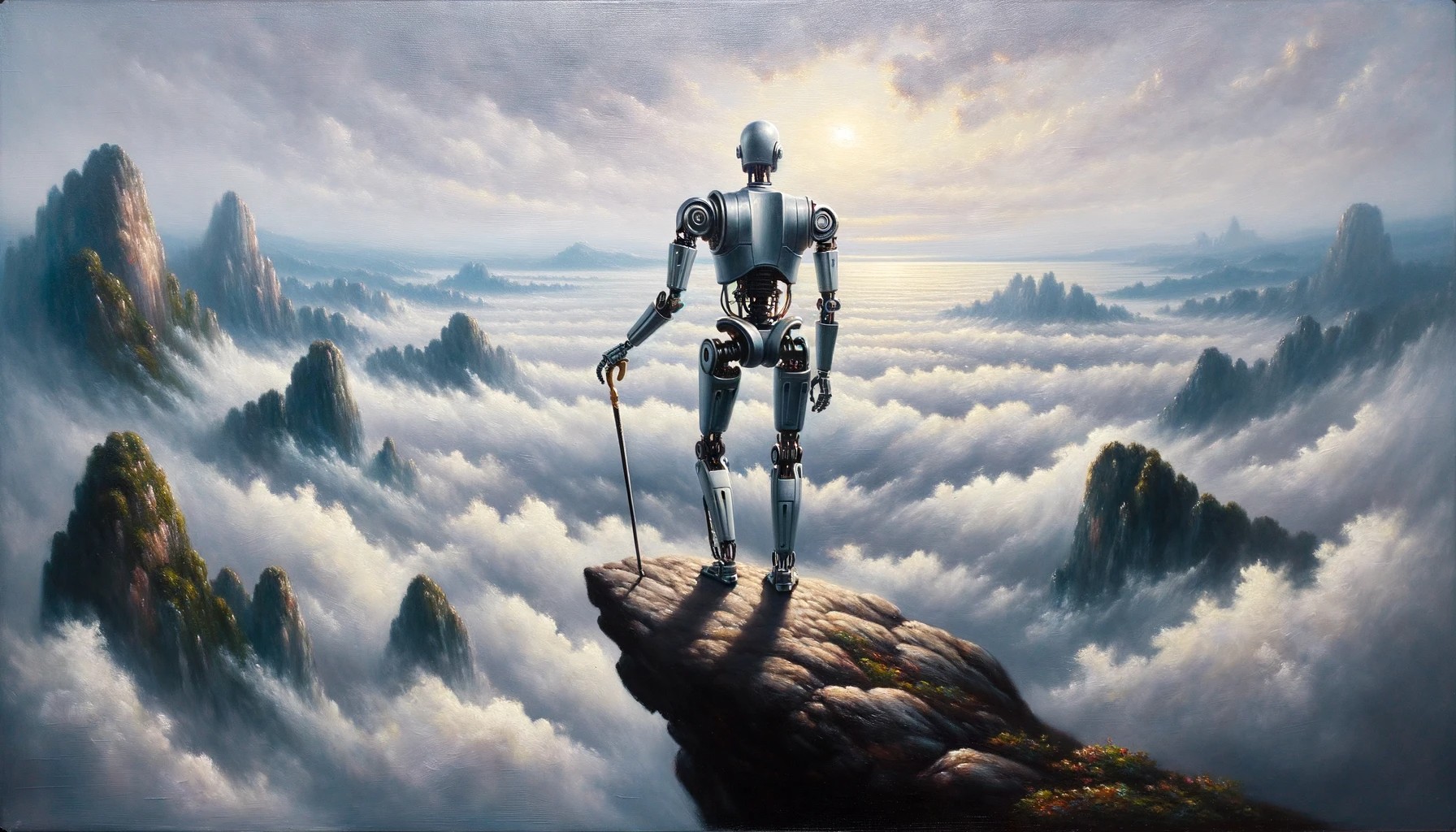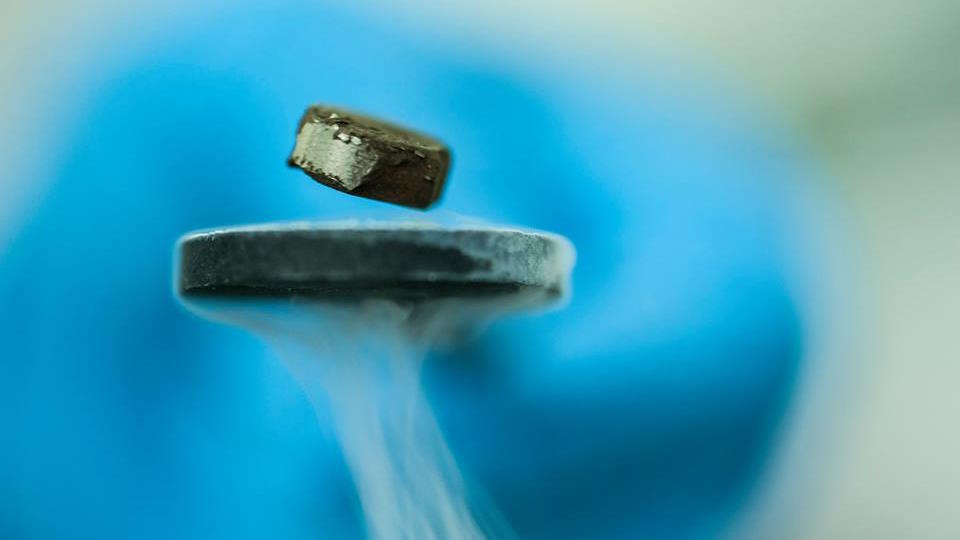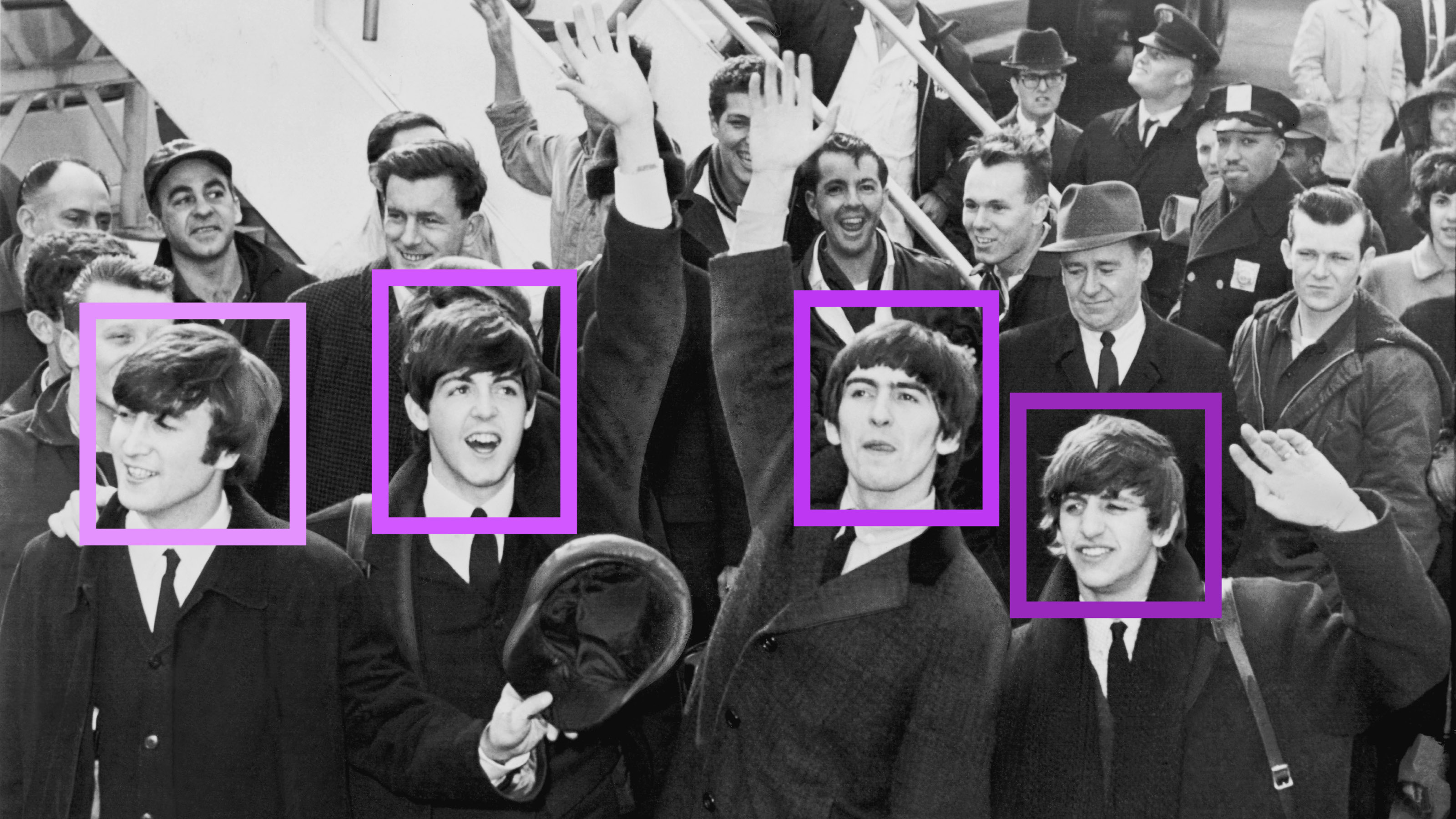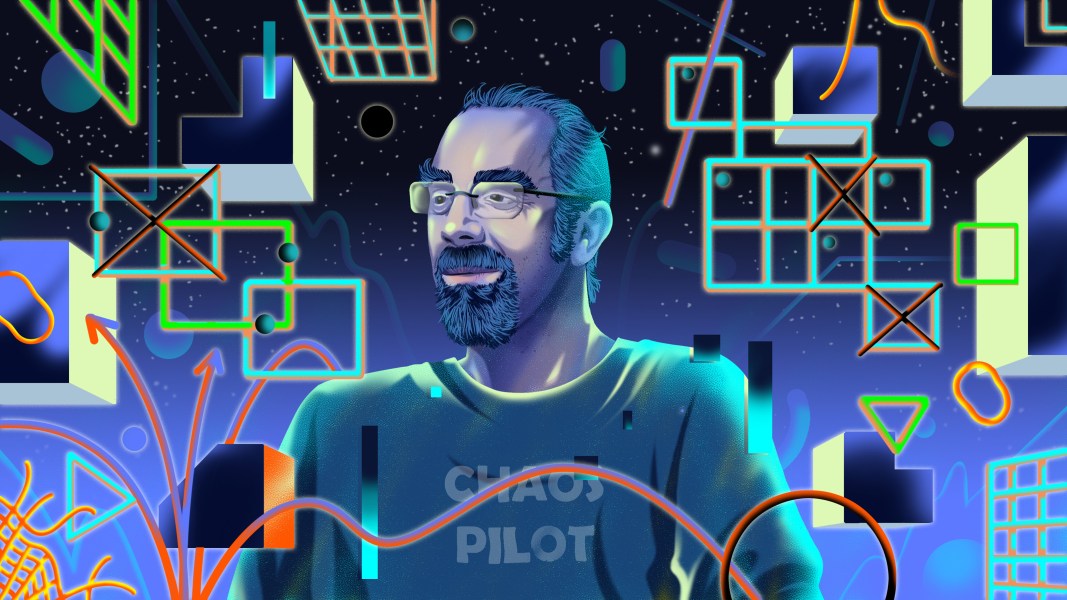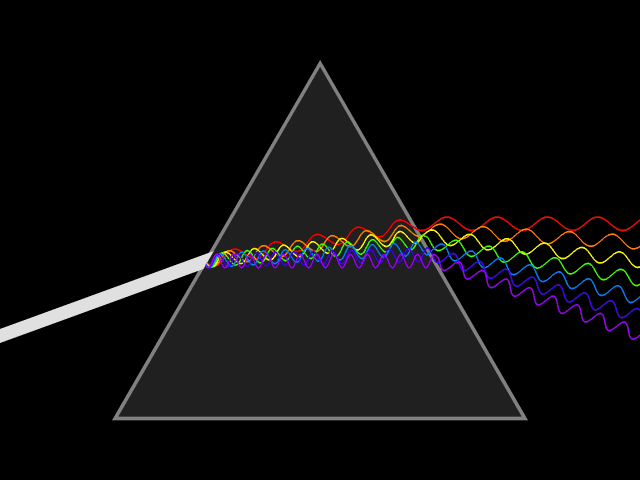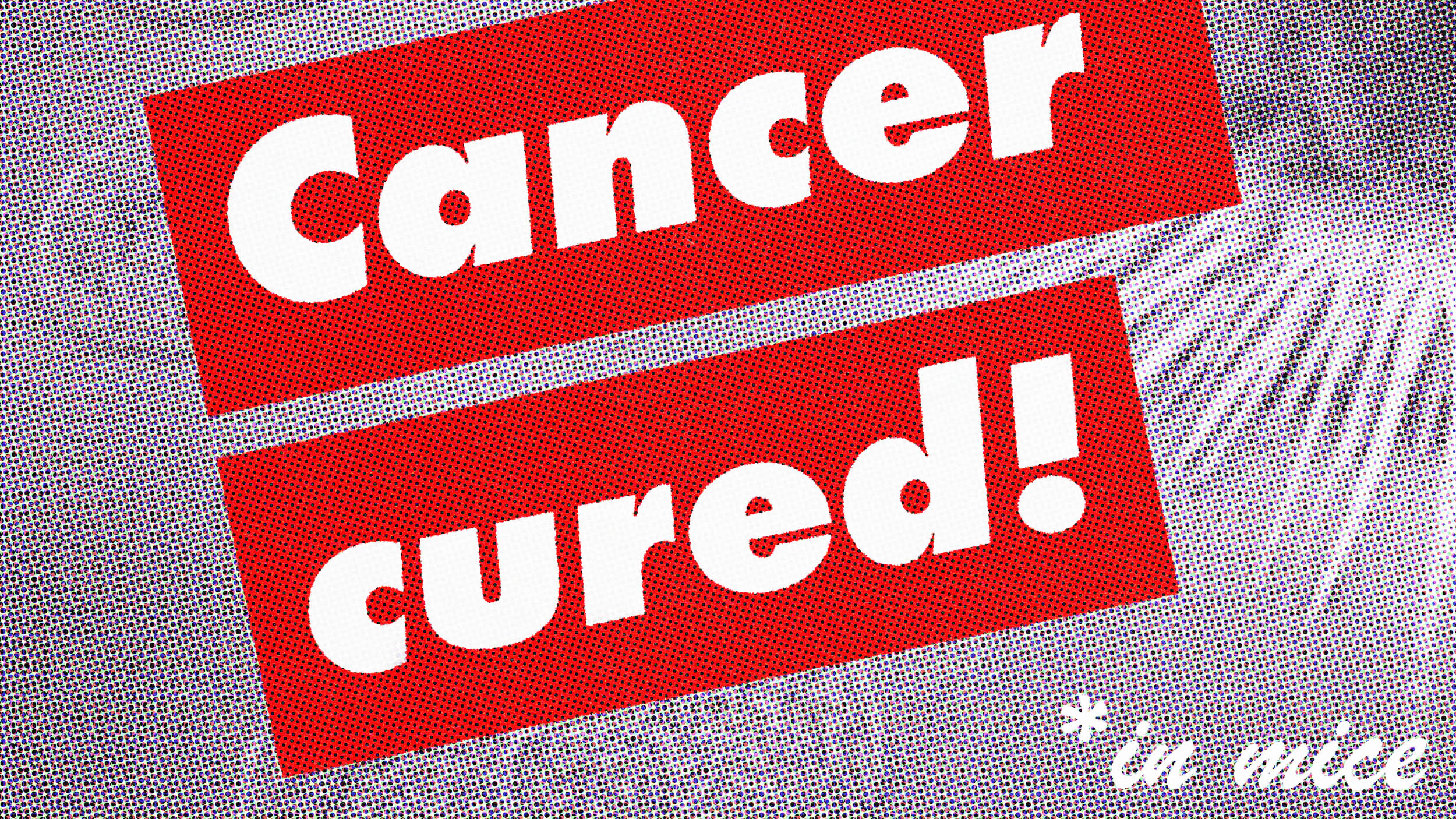innovation
Frontier, the ORNL supercomputer, used machine learning to perform 9.95 quintillion calculations per second.
AI can deliver a more equitable and prosperous future — if accompanied by ethical and responsible stewardship.
The first tests of optical communications far from Earth will take place aboard the asteroid-bound Psyche spacecraft
Kent Keirsey, CEO of Invoke AI — an open-source creative engine — outlines the pros and cons of open-source and closed-source AI tools.
ÄIO’s fermentation process creates healthy, sustainable oils and fats by upcycling low-value industry organics.
It’s not just fun: DNA origami has the potential to revolutionize engineering at the nanoscopic scale.
Google co-founder Sergey Brin’s airship startup hits a major milestone.
Scientists have been chasing the dream of harnessing the reactions that power the Sun since the dawn of the atomic era. Interest, and investment, in the carbon-free energy source is heating up.
Borrow the same technique that produced McDonald’s, the Hawaiian pizza, the Beatles’ greatest hits, and Shakespeare’s rhetorical flair.
The reported supremacy of generative AI over human brain-power in business ideation depends on how you define “better.”
This biochemist is determined to create a new life form by reversing the shape of molecules.
To reap the benefits of AI technologies, businesses must keep humans in the driving seat.
Even if a leading theory of consciousness is wrong, it can still be useful to science.
New tech is a double-edged sword. Integration can be expensive and perilous: Mess up the adoption and jobs are on the line.
It’s early days, but if the efforts can be efficiently scaled-up, such biological recycling could put a dent in the plastic waste problem.
Time to rewrite our understanding of structural engineering.
Theoretical physics professor Michio Kaku outlines the evolution of computers from analog to digital and introduces quantum computers as the next frontier.
▸
11 min
—
with
Ice harvesters once made a living from frozen lakes and ponds, but the work was strenuous and dangerous. Then refrigeration changed everything.
Don’t argue with science. Just do it.
It could cut the time needed to reach Mars in half.
Is LK-99 truly a room temperature superconductor? These 4 tests, none of which have yet been passed, will separate fact from fiction.
The National Ignition Facility just repeated, and improved upon, their earlier demonstration of nuclear fusion. Now, the true race begins.
Engineer James Clarke liberated John, Paul, George, and Ringo from their mono and stereo straitjackets using algorithms at Abbey Road.
Scientists are notoriously resistant to new ideas. Are they falling prey to groupthink? Or are our current theories just that successful?
His grandfather, a member of Oppenheimer’s atomic bomb team, foresaw the potential of nuclear energy to power cities — not destroy them.
With U.S. infrastructure crumbling, an honor oath and iron ring remind engineers of their profession’s ethical weight.
Invisible cloaks. Ghost imaging. Scientists are manipulating light in ways that were once only science fiction.
The divers spend their waking hours either under hundreds of feet of water on the ocean floor or squeezed into an area the size of a restaurant booth.
Learn to spot the scientists who are searching for the truth rather than money, ego, or fame.
Science news presents a flood of breakthroughs and discoveries that promise to change our lives. They rarely do.
